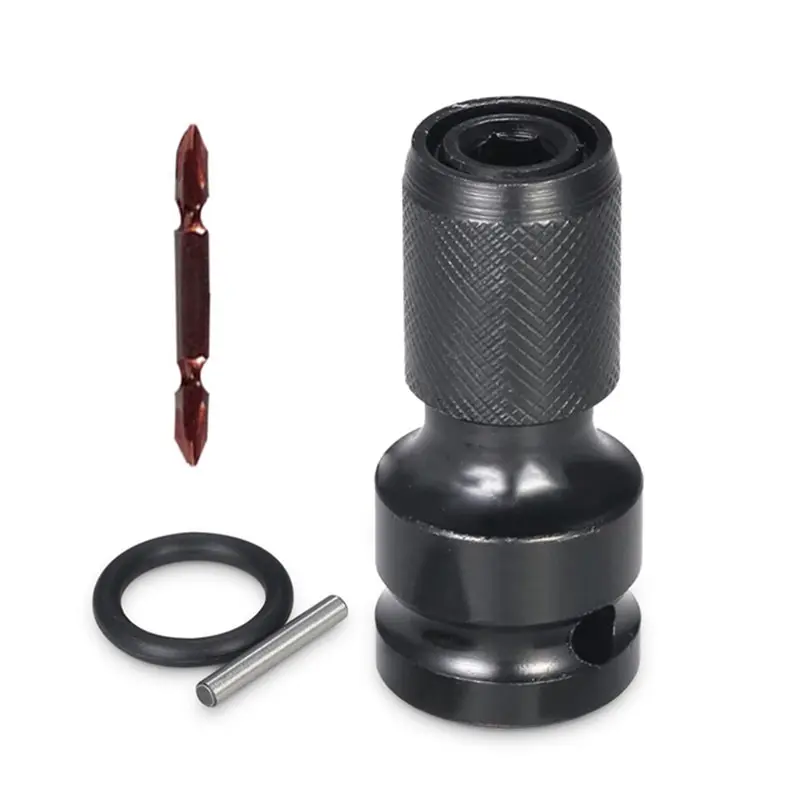It's a 1/2" drive. If you get a cheap china adaptor, you can drive it all day long.
Smarter Shopping, Better Living! Aliexpress.com

www.aliexpress.com
@JobAndKnock tried explaining the difference between an impact drill and an impact wrench.
Why are you unable to accept that you made an error?
I am grateful to people, more knowledgeable me, that have corrected me over the years. I am happy to bow to their superior knowledge. If I am wrong, as a tradesman, I actually want to be corrected, I like my customers, I never want to knowingly charge them for a job that will fail.
You seem to believe that any trades person offering advice on this site is part of a cabal that rips DIYers off.
I have no idea why you assume that, but I am increasing reaching the stage where I see you as being a malignant member, one who may offer reasonable advice, from time to time, but who introduces unacceptable levels of "noise". This site doesn't exist because of either you or me (exclusively).
I first visited this site to gain advice about my combi boiler (advice that enabled me to fix it). I was honour bound to reciprocate my, pretty extensive decorating knowledge. Quid pro quo. Why are you here? Other than your opinion, what do you add that improves the site?
Yeah, it is a rhetorical question-although you will, please don't bother answering, I am, naively, hoping that you may take note of my post. That said, given that I am criticising you- yeah, it make sense for you to defend yourself
Statistically, most people "googling" an answer, will not click past the first page, your post may be one of the first ones they see. They won't click through to the posts where an expert disagrees with you.
For what it is worth, I am not particularly confrontational. (ordinarily). I do however hope that, at some point, you accept that there are people (professionals) on this site that are happy to contribute to the site. Our/their advice makes this site viable as a business. An echo chamber of DIYers will not attract the eyes to pay for the servers, or the backend staff.
Regards opps


